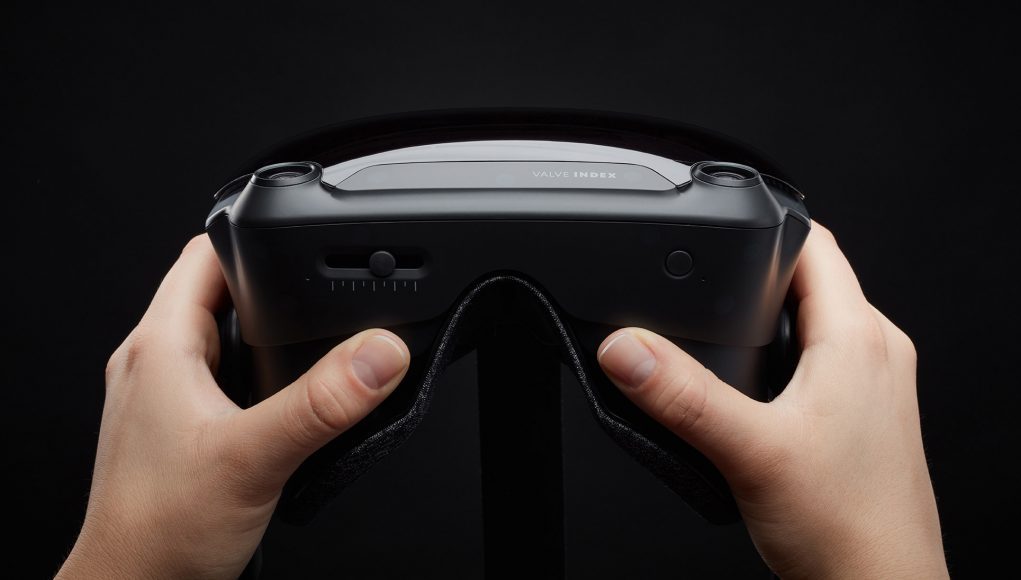Since the release of its first (and so far, only) VR headset in 2019 and its flagship VR game in 2020, Valve has been worryingly quiet about its future plans for VR. But recent hiring and job listings suggest the company is still working toward next-gen VR hardware.
It’s been nearly four years since the release of Valve Index, a leading PC VR headset which has held its ground as the second most-popular headset on the platform for longer than most might have expected. But the aging headset mirrors the aging PC VR landscape in general which has taken a back seat to Meta’s Quest platform after it captured the attention of a bulk of VR developers.
But Valve may not be done with VR yet. As YouTuber Brad Lynch pointed out last month, the company recently brought in two new people with experience in VR displays and optics, one of which claims to be advising the company on “next-gen Valve Index and Steam Deck products.”
Valve has made a couple VERY notable hires recently for their hardware teams
One being what seems to be their first full-time Display architect that has a fluent history in OLED/HDR
And a consultant focused on bringing “Next Gen Valve Index” products for commercial launch pic.twitter.com/nGpo859ore
— Brad Lynch (@SadlyItsBradley) April 23, 2023
Additionally we’ve spotted some interesting updates to Valve job listings showing the company is still very interested in hiring people with VR expertise.
As of late 2022, the company’s listing for a Visual & User Experience Designer didn’t include any mention of VR, but sometime between then and March 2023, the company updated the description to indicate that the hire would “create UI for use across desktop, mobile, handheld & VR.”
Similarly, the Software Engineer for Hardware listing was updated sometime between mid-2022 and March 2023 with new language specifically relating to “the next generation of VR and hand-held gaming products,” and “core VR Technologies (tracking, optical calibration, display customization).”
Add that to a handful of teases from the company in the last few years, and it surely seems like VR remains on the radar internally at Valve, despite little external communication to that end. Granted, Valve is pretty unique as a company, often working at its own pace on projects that may or may not ever launch. While there’s no telling if the company’s internal VR effort is on the backburner or actively moving forward, it’s clear the company still wants to hire and retain employees with VR expertise.







